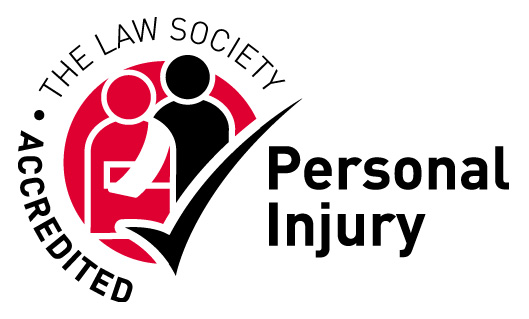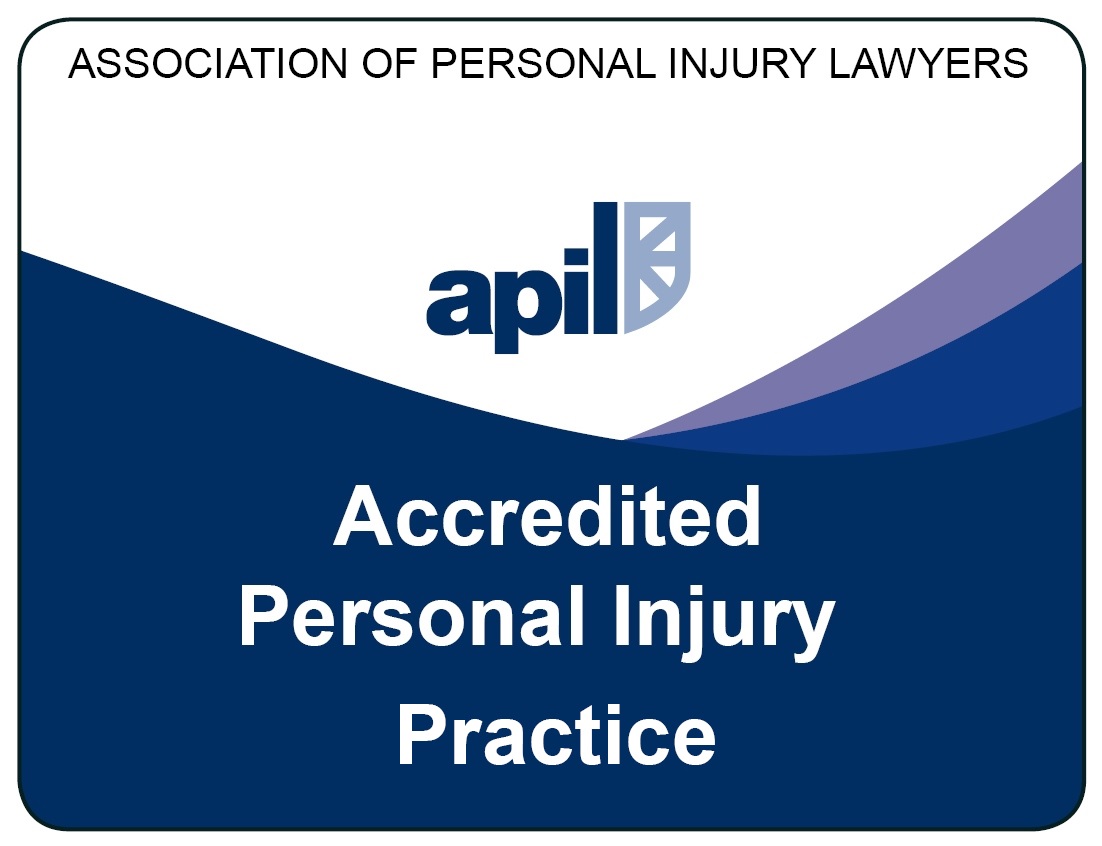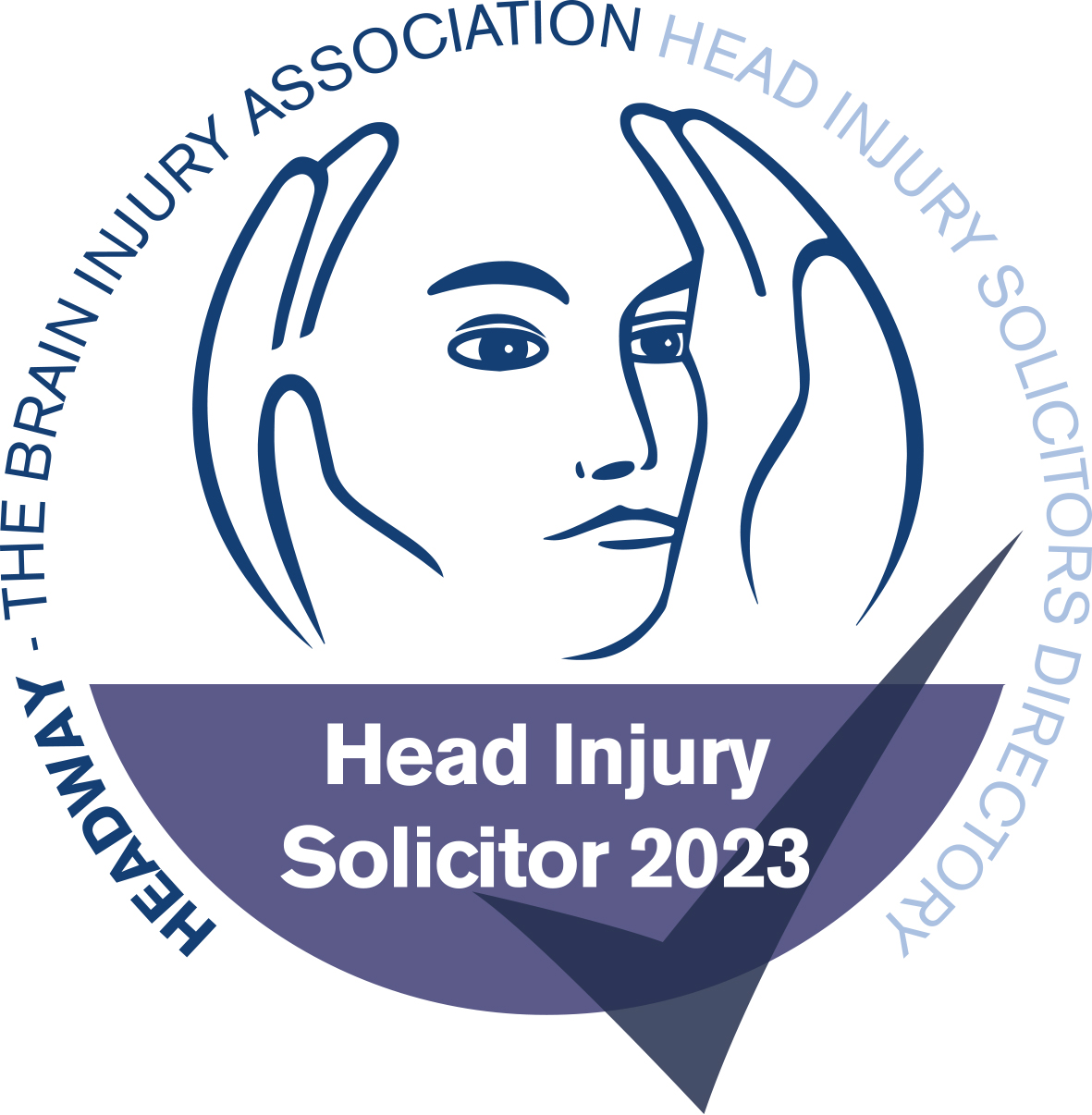



Claiming For Persistent Vegetative State Compensation
Find out whether you can claim PVS compensation. If you are in a vegetative state for more than a month, you are medically considered to be in a persistent vegetative state. If you are then in a persistent vegetative state for more than a year, then you are considered to be in a permanent vegetative state.
It can be incredibly difficult to watch a family member be in this state. We also understand that if you have been in a persistent vegetative state but are beginning to recover, you may need compensation to help afford treatment.
If you or a family member suffered negligent treatment that caused them to slip into a persistent vegetative state, you could claim PVS compensation.
Call our specialists on 0800 342 3206 or fill out our online form to arrange a no-obligation confidential conversation about your accident.
About Persistent Vegetative States (PVS)
A serious accident or an instance of medical negligence could cause someone to go into a vegetative state. If the accident is caused by someone else’s negligence, you could be able to claim PVS compensation as a result. For example, if your loved one or you were injured in an accident at work that was caused by the negligent behaviour of your employer, you could be able to claim PVS compensation.
The longer that a patient is in a vegetative state, the less likely they are to regain consciousness and recover from their condition. Someone who is in a vegetative state may appear to be awake but they are actually unable to feel physical pain or mental distress.
It is a common misconception that people who are in a vegetative state are brain dead. However, the lower brain stem in PVS patients is actually still healthy and functioning as it usually would. Therefore, PVS patients can still:
- Breathe on their own.
- Blink and move their eyes.
- Move their limbs as a reflex but they cannot remove their limbs on command.
- Experience normal circulation throughout their body.
- Cry or laugh, although this is just an occurrence rather than purposefully in response to outside stimuli.
- Smile
- Open and close their eyes.
- Experience regular and normal sleep-wake cycles.
- Track objects with their eyes.
If a patient is in a vegetative state for more than a year, then they are considered to be in a permanent vegetative state and medical professionals will often consider withdrawing treatment methods at this point.
You could get the PVS compensation that you deserve. PVS Compensation can help you to afford the care and treatment that you might need to provide for your family member or for yourself going forward. For example, you or your family member will likely need to access physical therapy upon recovery which is something that PVS compensation can help provide.
PVS Compensation
The amount of compensation that you will be awarded in your PVS compensation case will depend on your specific circumstances. This amount of compensation is calculated by looking at two specific categories: general damages and special damages.
PVS Compensation: General Damages
The level of pain and suffering that you or your family member’s PVS state has caused is the main factor that is used to determine how much compensation you/your family is owed.
PVS Compensation: Special Damages
However, compensation also takes into account any financial losses that you might have suffered as a result of your/your family member’s PVS state, such as a loss of earnings due to being unable to return to work. If you have had to pay for treatment or travel to treatment, compensation may also be able to cover this as well.
TRY THE ONLINE ELIGIBILITY CHECKERContact Jefferies
At first, we will need some initial details about the specifics of your injuries and how this has impacted upon your life. Please contact us today on 0800 342 3206 or through our online form to get started. A member of our team will quickly be in touch to discuss your case.





